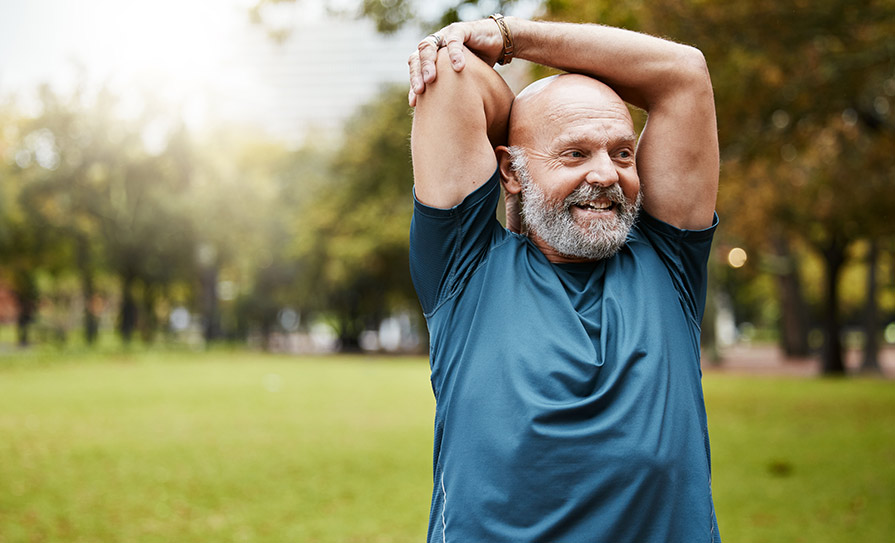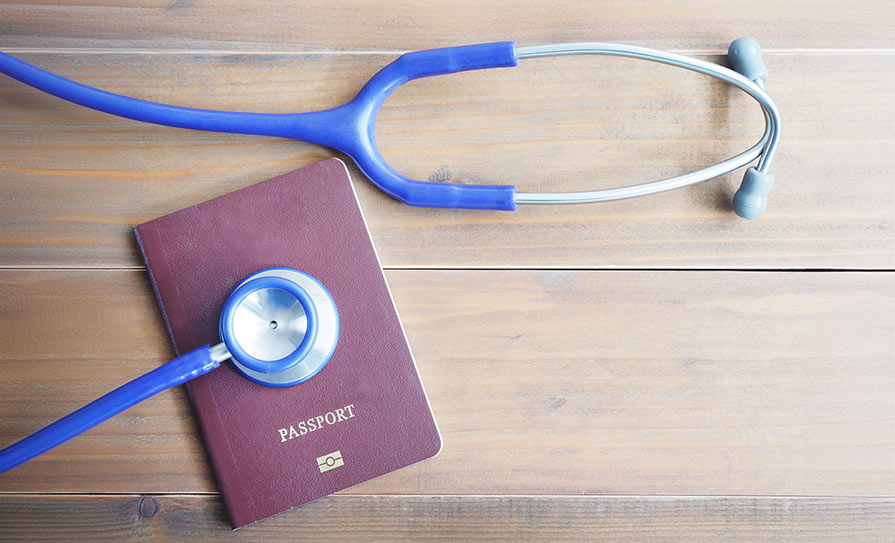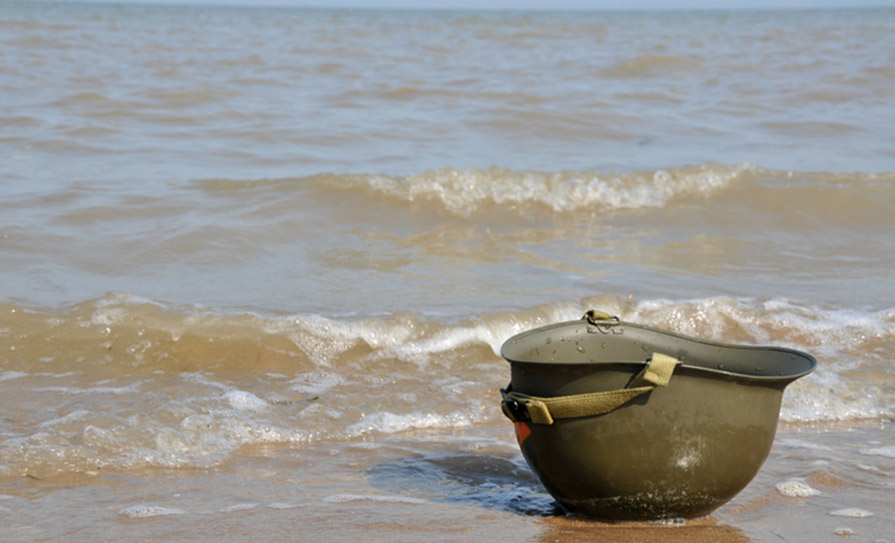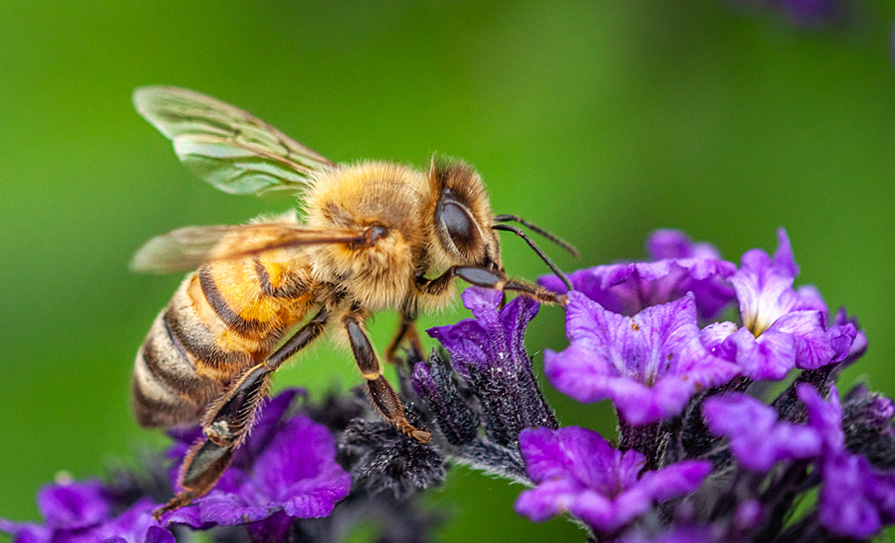It is not exactly ‘breaking news’ that exercise has a potential role in cancer prevention. This has been shown in the literature for years. The conversation now is mostly around how much exercise, how often, and what type of exercise is right for a given individual. All, of course, in harmony with dietary management. But the question of how exercise confers these benefits also needs to be considered, and a new study links biologic effects with definable interventions.
Researchers at the University of Texas MD Anderson Cancer Centre conducted a small study with only 21 participants, but which built upon a vast reservoir of evidence that linked regular exercise with a reduced risk of cancer. They also considered a huge 2019 systematic review (Med Sci Sports Exerc), which called for more research into the associations between physical activity and cancer incidence and survival. If we understand how and why these benefits accrue, it may have an impact on the frontlines in the war against the high prevalence of obesity.
The study focused on cancer risk in patients with Lynch’s syndrome, a genetic condition that can result in cancer at a young age. The researchers specifically designed a regimen of 45 minutes of high-intensity cycling three days per week. Lead author Prof Eduardo Vilar-Sanchez, Professor of Clinical Cancer Prevention, commented: “We wanted to be very concrete on the recommendation. People don’t adhere to vague lifestyle advice like ‘just exercise’. We wanted to link a specific biologic effect to a very concrete intervention.”
Part of the point is, if someone can be given a specific prescription for exercise, rather than a general ‘be more active’ nudge, then there’s a better chance of compliance.
As for the science, the participants were divided into two groups: One was on a specific 12-month exercise programme, while the other was not. The researchers tracked their cardio and respiratory fitness and natural killer cells and CD8+ T-cells in the blood and colon tissues of those enrolled. Perhaps not surprisingly, these immune cells were more active in those who exercised, but there was also a drop in levels of the inflammatory marker prostaglandin E2 (PGE2). This, along with an increase in immune cells, suggests a stronger immune response among those in the programme.
The significance of the Anderson study is that it is the first to show a link between exercise and changes in immune biomarkers, said the authors.
It is now hoped to extend the research beyond people with Lynch’s syndrome.
If I may be permitted a little lateral thinking, this may be significant in the years post-pandemic. How many of your patients were benefitting from regular exercise before the pandemic, but had that suddenly taken away due to lockdowns, gym closures, etc?
Time will yield more data on this unique period in human history and if researched properly, could shed important light on what happens to our cancer risk when regular exercise is taken out of our lives.
*****************************************************
Don’t look back in anger
It just wasn’t our year in rugby. Again.
As you read this, I hope you have fully recovered from the gut-wrenching trauma of the New Zealand game. Perhaps you have moved on. Or maybe you still catch yourself in a trance, recalling a handling error or misplaced pass.
To clean your palate, here are a couple of quick quotes from some of the people who were involved in the tournament.
• “The travelling crowd is completely a joke. It’s only going to get bigger and crazier.”
Bundee Aki on the Irish crowd’s support against South Africa.
• “Bundee thinks they’re singing ‘Bundee, Bundee’ but they’re definitely not.”
Connacht centre Conor Murray on how Aki apparently thought Irish fans were singing about him when he heard them sing the words of Zombie at the Rugby World Cup.
• “Sport can be cruel sometimes. I guess that’s why we love it.”
Ireland head coach Andy Farrell after the quarter-final defeat against New Zealand.
‘At the end of the day’, as they say. We haven’t become a bad team overnight. Maybe we ‘left it all out there’ against South Africa in the group match. Or perhaps New Zealand are a different animal in the World Cup than they are in other competitions. Or perhaps all of the above.
We’ll be back.













Leave a Reply
You must be logged in to post a comment.